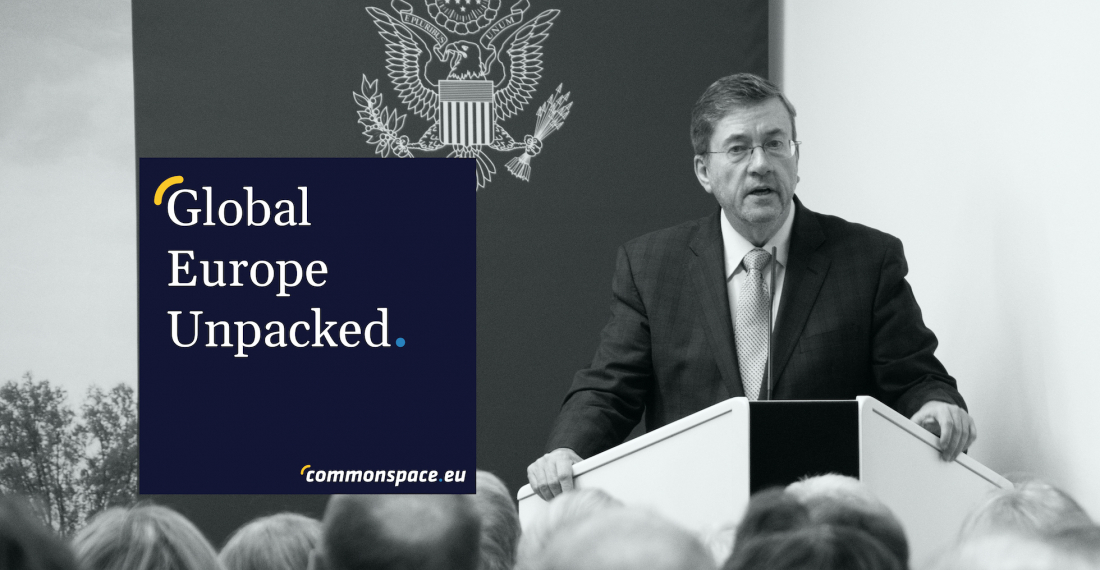“Well, I think Americans would be the first to welcome a more capable Europe – that's been a theme of American presidents back to John F. Kennedy.”
[The podcast is available on all of the usual channels, including Apple Podcasts, Spotify and Google Podcasts.]
After four years of President Donald Trump, the United States of America appears considerably removed from Europe. In Brussels and in many European capitals, Trump’s legacy is characterised by an American rejection of longstanding multilateral commitments and institutions, and an “America first” policy, which in practice often meant frequent unfriendly moves against long-standing European allies.
Trump’s presidency has been described as a wakeup call – a cautionary example that Europe cannot be reliant on the US for its security and must become a geostrategic entity in its own right, independently responsible for the safety of its member states and the stability of its neighbourhood.
But today, with the inauguration of President Joe Biden, there is sense of excitement in Europe at the prospect of a new era of transatlantic relations. During the presidential election campaign, Biden often emphasised the importance of the United States working closely with European allies. So, with President Biden safely installed in the White House, are we to expect a new golden era for the transatlantic relationship?
In this episode of Global Europe Unpacked, I speak to Dr Dan S. Hamilton, the Director of the Global Europe Program at the Wilson Center (Washington DC) and former US State Department Deputy Assistant Secretary for European Affairs, about:
- what a Biden presidency means for the EU-US relationship;
- what the new administration’s foreign policy priorities look like, and how will these coincide with Europe’s own priorities and concerns;
- how the Biden administration will perceive this desire of the EU to become a more geostrategically independent actor; and
- issues in the transatlantic relationship of the Trump era that we are likely to see carried over into the new administration.
It was also broadcast on Radio GIPA FM 94.3 in Tbilisi, Georgia, on Thursday 21 January at 16:00 local time (13:00CET).






